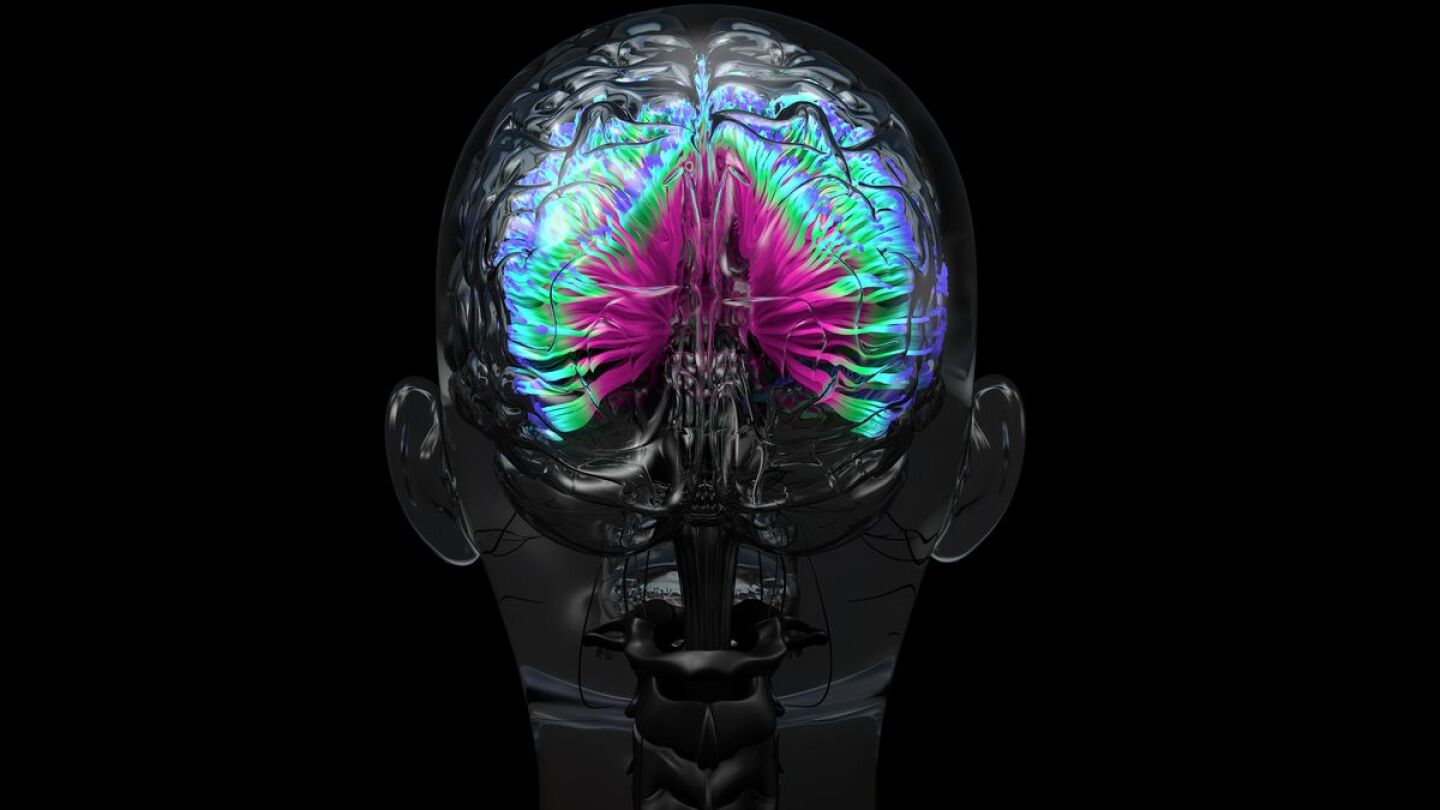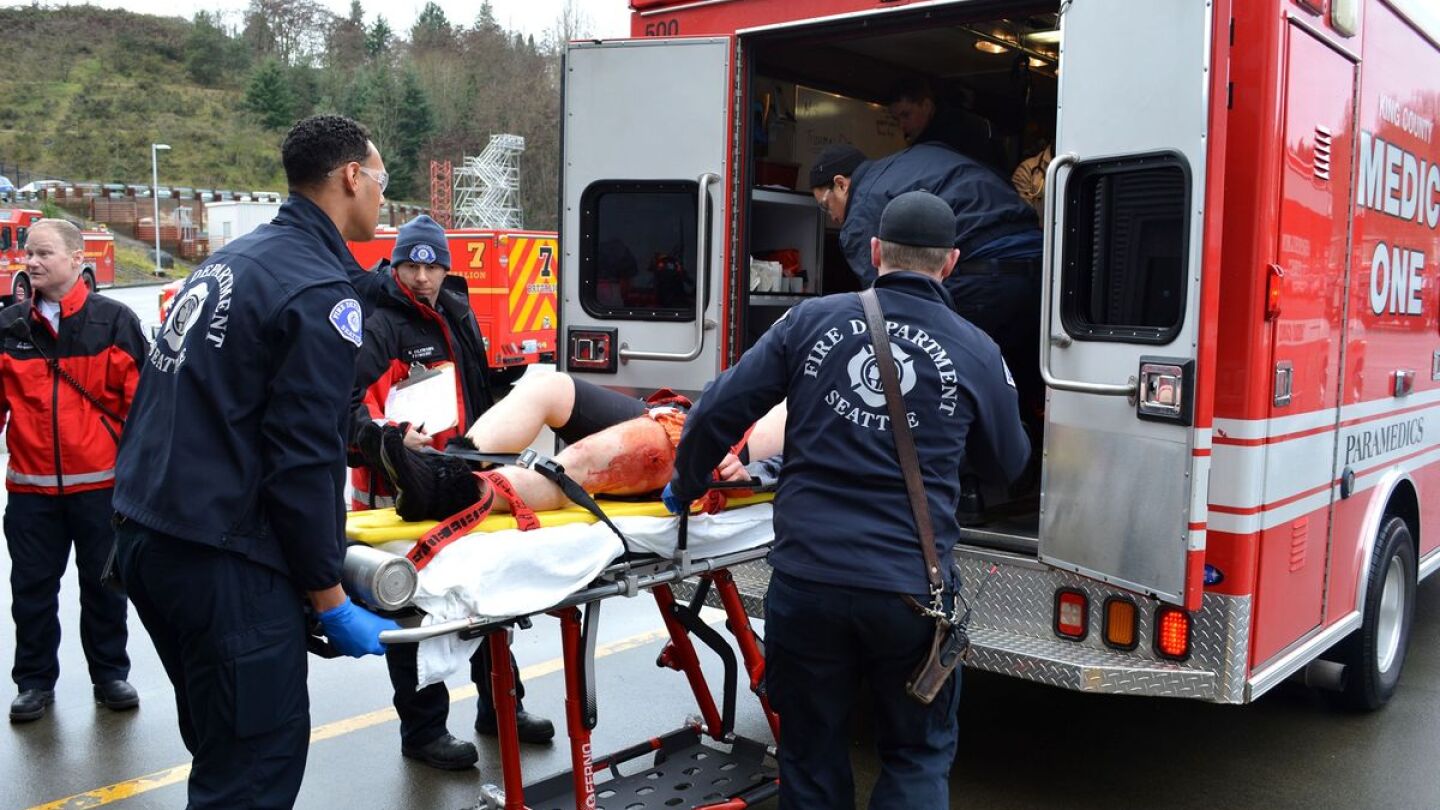��ݮӰ�� Research Center
The ��ݮӰ�� Research Center serves as a central access point for critical prehospital medicine research that can help drive operational and policy changes at the local, state and federal level.
Get insights into EMS provider behavior and beliefs related to hot topics like fatigue management, and participate in ��ݮӰ�� polls and surveys.
Additionally, find the latest information about research conducted by esteemed EMS organizations, such as the American Ambulance Association, and National Association of EMS Physicians, among other organizations focused on provider health and wellness, patient assessment and treatment, and a variety of safety issues.
What you need to know about Ozempic and other forms of semaglutide
Additional training can help providers who want to do right by patients involved in hospice and end-of-life care
A new study highlights the benefits of the drug to treat opioid-related OHCAs
Board President Michael Redlener said that the best practices that come from the project will help every agency more safely respond to 911 calls
An overview of the current evidence.
Brooke Burton and Bryan Wilson join the podcast to discuss the NEMSQA Quality Improvement Initiative
The rise in death notifications during the COVID-19 pandemic has highlighted the lack of training and impact on EMS provider burnout
How effective are mobile stroke units at decreasing time to tPA administration and improving functional neurologic outcomes?
The 2022 ESO EMS Index also showed an increase in stroke assessment performance, and that most patients were transported without lights and siren
Samples from Nashville FFs helped researchers compare risks
Researchers who combed through a national EMS database found that the disparities are similar to those involving adults
A recent poll found that nearly 70% of those who responded hold either a bachelor’s or master’s degree in an EMS-related field
The unmistakable whiff of smoke is often what first alerts someone to a nearby fire. But what if you can’t smell?
The data and software company expects continued challenges with staffing and COVID, as well as advancements in technology and data usage
Wayne Kewitsch and Johanna Moore dig into improving SCA survival and neurological outcomes
Changing just one of many variables that impact EMS response to 911 calls points to the complexity of changing average response times
Data on hemorrhages, traumatic brain injuries, fractures may be used as a nationwide benchmark for trauma systems
Small antibody-like proteins known as VNARs will not be immediately available as a treatment, but they could help prepare for future coronavirus outbreaks
Apply crew resource management sterile cockpit rules to stay safe amidst increased roadway dangers
In the wake of three deadly MCIs in November, only 11% of poll respondents said their agency is fully staffed and trained for a mass casualty incident






















